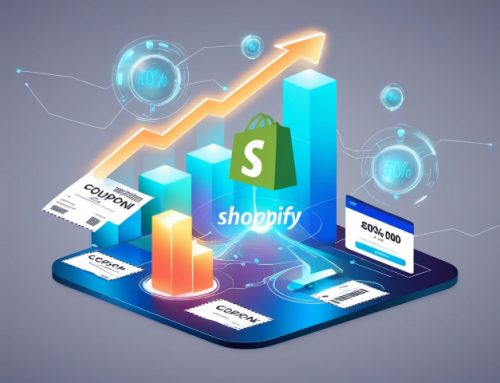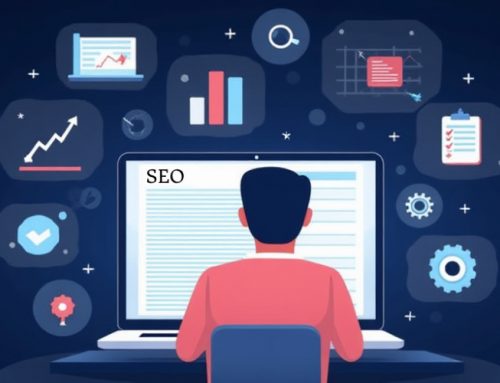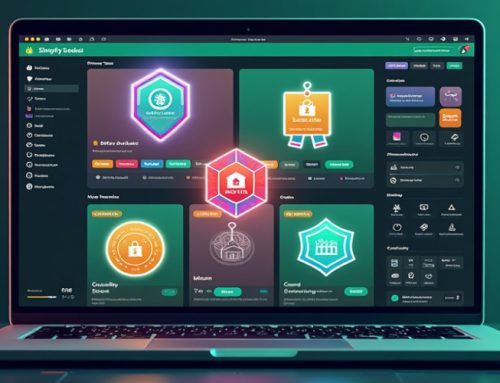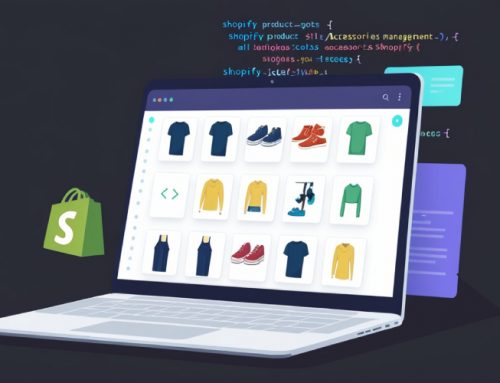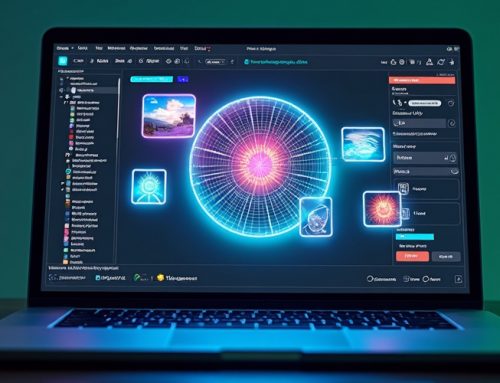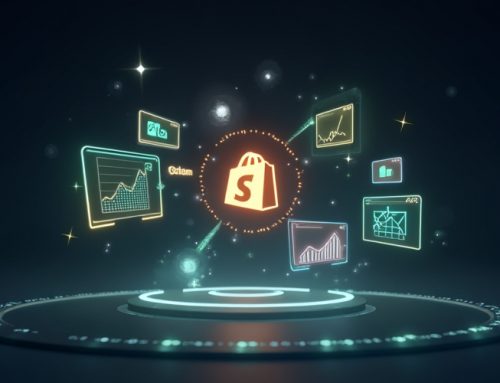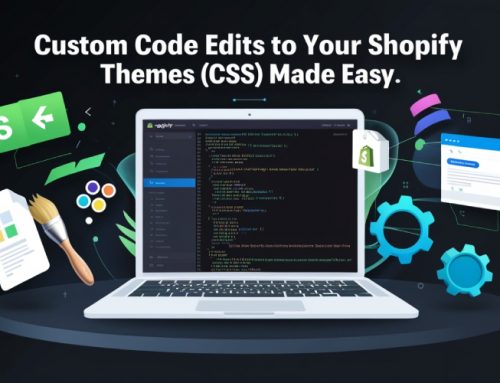2. Higher-Order Quantity
“Wholesale” means “more selling.” And if you deal in handmade jewelry or tech devices, more sales and more goods outside the door is usually a positive thing.
Think about it this way: as a retailer working solely with end consumers (in the biz, we call this business-to-consumer or “B2C”), you’d actually need to gain and convert tens of thousands of buyers to break your first million in revenue. But as a wholesale or “B2B” (business-to-business) trader, you only need a fraction of that to accomplish the same goal.
In reality, a recent study by Forrester Research showed that while the average order value for B2C clients was $147, it was a staggering $491 for B2B customers. When you consider the conversion rates for B2B customers to be more than three times higher, this is a no-brainer.
Wholesale is the direction if you want to increase the quantities, prices, and exchanges of orders.
3. Recurring profits
The regular product in e-commerce is offered as a one-off purchase. A buyer will give you $30, and you will provide them with the product — that’s the end of the transaction.
Yet what if you could get consumers to come back and buy from you over and over again and for your part with no additional work (or ad spend)?
That’s the bulk magic of e-commerce. When you’ve built a strong partnership with a retailer — and noticed your goods are performing well with their customers — they’ll come back for more. You ‘re not going to have to pester them for retargeting ads or loyalty plans, and you’re not going to have to lower the rates that are already down.
Give them what they want and how they want it, and they’re going to be there.
4. Built Marketing Service
It doesn’t matter how long you have been in e-commerce; marketing is challenging. And expensive. And indeed, necessary.
With wholesale, you can effectively outsource to your distributors the majority of your store’s marketing, allowing you access to whole teams of skilled, seasoned marketers and sellers.
Sure, it can be harder to control the messaging, but the bigger budgets and broader markets are more than compensating for it. You get to build your business, in other words, while retailers do all the work!
5. Creating Trust and Reputation
In an environment where everyone can open an online store in a matter of minutes, trust must be built and sustained. Luckily, there are many ways to do so, from humanizing the company with a perfect About page to using apps like Bizzy Social Evidence to show discreet and entertaining the latest updates of orders.
But the introduction of bulk prices is another (often overlooked) way to persuade prospective customers that the company is “legit.”
Selling wholesale helps you to piggyback on the actions of the retailers, as in marketing. If consumers see that you have a relationship with a brand they already know and trust — wholesale or not — they are more likely to associate that respect with your company. Moreover, the more retailers that you partner with, the easier it would be to convince others to get on board.
6. Better Customer lifetime Value
We said it before, and we’ll say it again: Customer Lifetime Value (CLV) is the most critical single measurement for assessing the business’ fitness. It lets you find out who are the most successful clients. So if you bid wholesale rates, the answer is all but guaranteed to be your wholesale purchasers.
Why? Reflect on points one and two. Wholesale customers purchase in bulk and purchase regularly. Combine the two, and you have one extremely valued customer — the kind that would destroy any merchant to get more of.

